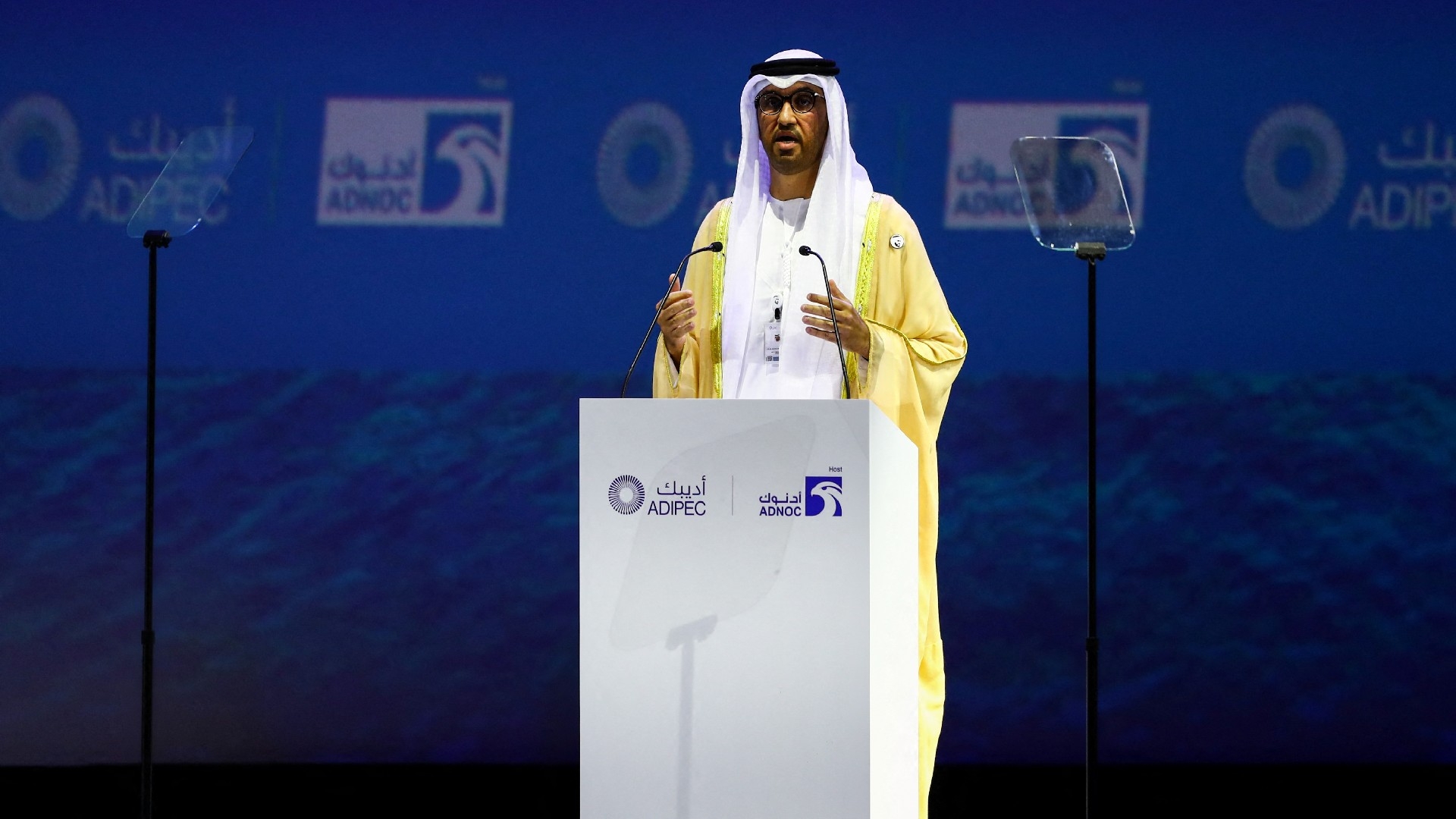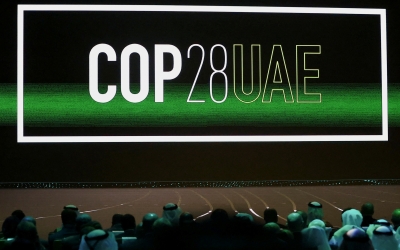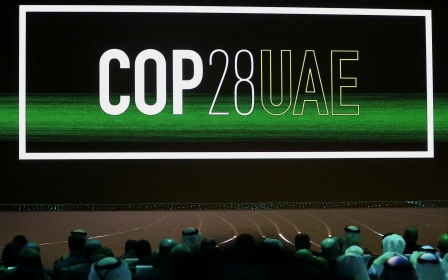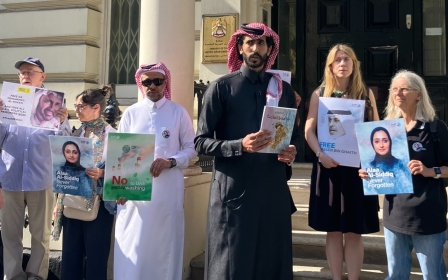Cop28: Suspected fake online accounts used to promote UAE minister

More than 100 pro-United Arab Emirates (UAE) accounts on X, formerly known as Twitter, could be part of an AI-generated network to promote the Emirati president of the upcoming UN climate summit, Cop28, according to a BBC journalist.
The accounts, which appear to be run by young women who post about travel and hijab fashion, have published more than 500 tweets promoting the conference set to be held in Dubai in November, as well its president-designate, Sultan Ahmed al-Jaber.
“I am sure that he will succeed in chairing Cop 28, because he succeeded in many positions,” one account said, the investigation by journalist Marco Silva revealed.
Some accounts have also been quick to rebuke tweets critical of the event.
Silva said the accounts could have been AI-generated as part of a coordinated campaign to promote the UAE ahead of the UN summit.
New MEE newsletter: Jerusalem Dispatch
Sign up to get the latest insights and analysis on Israel-Palestine, alongside Turkey Unpacked and other MEE newsletters
"This type of behaviour suggests a degree of coordination commonly seen in organised networks of fake accounts. But it remains unclear who is running them - or even why," he said on X.
The UAE and Cop28 organisers denied involvement in the network.
In June, Marc Owen Jones, a digital disinformation analyst, reported a “large multilingual astroturfing effort around #Cop28,” on X.
He found that the suspect profiles employed stock photos, tagging legitimate accounts in their bios, including some that were verified. Posts ranged from praise of the UAE’s green credentials, attacks on the Muslim brotherhood, and messages thanking the UAE for delivering aid to Sudan.
Human rights concerns
Jaber, who is also the CEO of the Abu Dhabi National Oil Company (Adnoc), one of the world’s largest oil companies by production, will be the first oil executive to assume the role of the Cop president.
Over the past decade, Jaber has become the face of UAE energy policy, holding additional roles as the minister of industry and advanced technology and chairman of state-owned renewables company, Masdar.
His appointment as Cop28 president has drawn fierce criticism, for what is deemed a clear conflict of interest, with EU and US lawmakers demanding his deposition and campaigners calling for him to step down from his industry roles.
Abu Dhabi is already facing mounting criticism for its appointment as the climate summit host, as the UAE is among the world’s biggest producers of oil and gas.
To combat the backlash, Masdar hired US PR firm First International Resources “to strengthen the overall reputation and standing of the UAE, His Excellency Dr Sultan Al-Jaber and Cop28 among Western audiences”.
In May, the Guardian revealed that members of Jaber's team had edited Wikipedia entries to remove references to his role at Adnoc.
Climate Action Tracker has denounced the UAE’s 2050 energy strategy as “insufficient”, with its renewable energy pledges dwarfed by planned investment in oil and gas expansion.
Analysis of attendees has revealed a spike in individuals with ties to the fossil fuel industry, trumping even last year’s talks in Sharm el-Sheikh, which were described by campaigners as a “fossil fuel trade show”.
Jaber’s appointment is likely to further endorse fossil fuel interests during the conference, campaigners warn.
In addition to the concerns raised by climate activists regarding the UAE’s climate credentials, human rights groups have warned about the implications of the country’s poor human rights record on the talks.
An Amnesty International briefing concluded the UAE’s suppression of freedom of expression, restricted civic space and digital espionage could endanger the success of the event.
Middle East Eye delivers independent and unrivalled coverage and analysis of the Middle East, North Africa and beyond. To learn more about republishing this content and the associated fees, please fill out this form. More about MEE can be found here.




